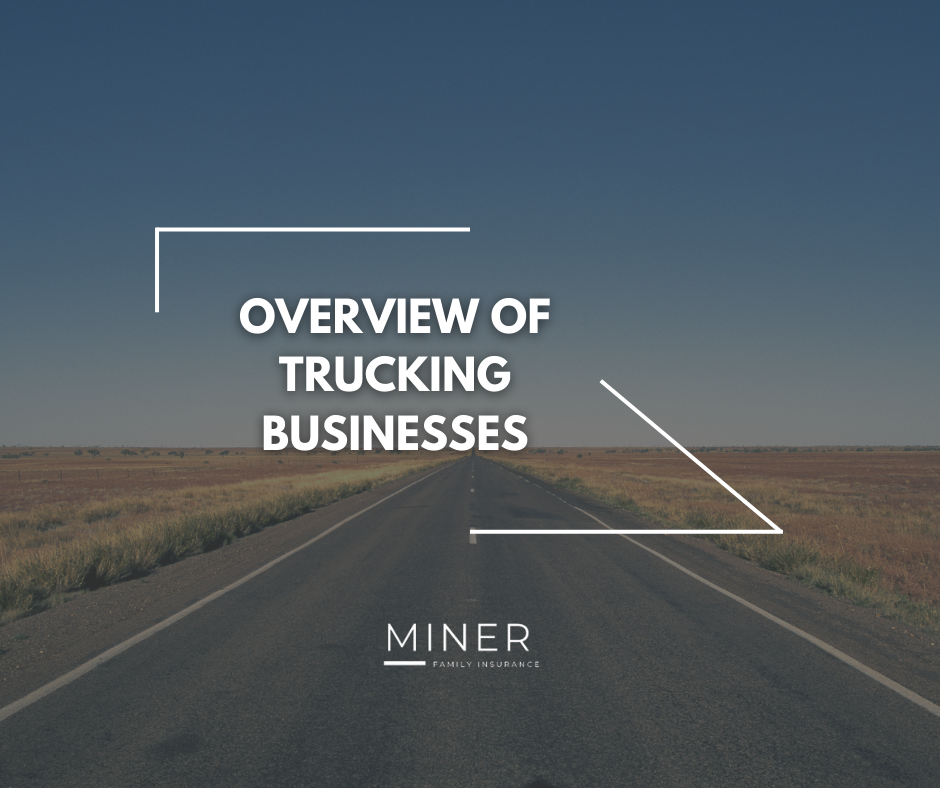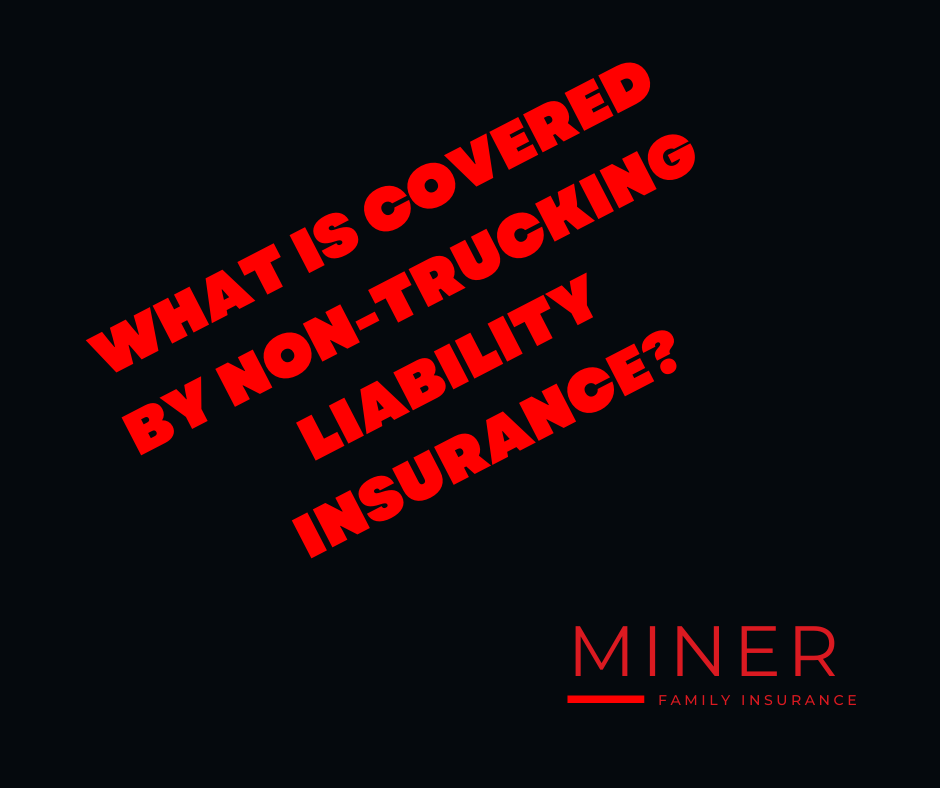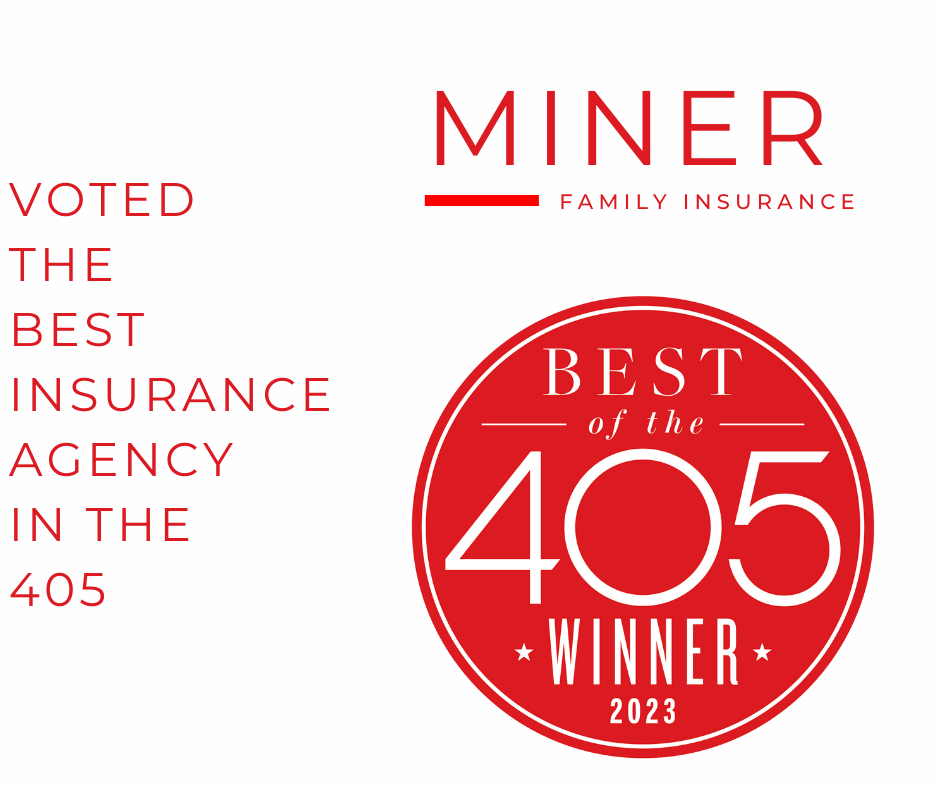Insurance for Non-Trucking LiabilityNon-trucking liability insurance is a type of insurance coverage specifically designed for independent owner-operator truck drivers who are not under dispatch by a motor carrier and are not hauling any goods or cargo. This coverage provides protection for the truck and the driver during personal use or when driving the truck without a trailer attached. It is important to note that this type of insurance is different from primary liability insurance, which covers the truck driver when they are under dispatch and hauling goods for a motor carrier. Non-trucking liability insurance is also commonly referred to as bobtail insurance, which originated from the term "bobtailing," meaning driving a semi-truck without a trailer attached. This coverage is crucial for owner-operators who use their trucks for personal use or during periods when they are not conducting commercial business. Non-Trucking Liability Insurance Importance: Non-trucking liability insurance is crucial for owner-operator truck drivers because it provides coverage during non-business use of their vehicles. Without this coverage, drivers may be at risk of financial loss if they get into an accident while using their trucks for personal reasons or when not under dispatch. In such cases, personal auto insurance policies may not provide adequate coverage, leaving the driver responsible for high costs related to damage, liability, and medical expenses. Non-trucking liability insurance gives owner-operators peace of mind knowing that they are protected even when they are not actively working for a motor carrier. Without this coverage, owner-operators would be exposed to significant financial risks if an accident were to occur during non-business use. Coverage Options for Non-Trucking Liability Insurance: Non-trucking liability insurance typically covers bodily injury and property damage that the driver may cause while using the truck for non-business purposes. It also covers legal defense costs if the driver is sued as a result of an accident. Additionally, some policies may offer coverage for physical damage to the truck itself, such as in the event of a collision. It's important for owner-operators to carefully review and understand the coverage options offered by different non-trucking liability insurance policies. They should consider factors such as the policy's limits, deductibles, and any exclusions that may apply. Additionally, some insurance providers may offer optional coverages, such as uninsured and underinsured motorist protection, to further enhance the policy's coverage. By understanding the different coverage options available, owner-operators can select a policy that best meets their needs and provides comprehensive protection during non-business use of their trucks. Factors to Consider When Choosing a Non-Trucking Liability Insurance Policy: When choosing a non-trucking liability insurance policy, owner-operators should consider several factors to ensure they have the right coverage for their specific needs. The first factor to consider is the insurance provider's reputation and financial stability. It's essential to select a reputable and financially secure insurance company that can be trusted to fulfill its obligations in the event of a claim. Owner-operators should also evaluate the policy's coverage limits and exclusions to ensure they have adequate protection. Furthermore, they should consider the deductible amount and any optional coverages that may be beneficial for their situation. Additionally, it is important to review the policy's terms and conditions to understand any restrictions or limitations that may apply. Finally, owner-operators should compare quotes from multiple insurance providers to find a policy that offers the best value for the coverage provided. By carefully considering these factors, owner-operators can make an informed decision when selecting a non-trucking liability insurance policy that meets their needs and provides the protection they require during non-business use of their trucks. Conclusion: Non-trucking liability insurance, also known as bobtail insurance, is a vital type of coverage for independent owner-operator truck drivers. It provides protection during non-business use, ensuring that the driver and the truck are covered when not under dispatch by a motor carrier and not hauling any cargo. This insurance is essential for owner-operators who want to safeguard themselves and their equipment from financial risks while using their trucks for personal use. With adequate coverage options and careful consideration of key factors when choosing a policy, owner-operators can select a non-trucking liability insurance policy that provides comprehensive protection and peace of mind. Overview of Trucking BusinessesTrucking businesses play a crucial role in the transportation industry, ensuring that goods and products are delivered efficiently and on time. There are various types of trucking businesses, each with its own specific requirements and insurance coverage needs. From dump trucks to tow trucks, box trucks to semi trucks, and tractor trailers to trailer interchange businesses, each type of trucking operation requires an insurance policy that adequately addresses its unique risks and liabilities. Insurance coverage for trucking businesses typically includes various liability policies, such as non-trucking and bobtail insurance, to protect drivers and their vehicles in different situations. When considering insurance coverage for trucking businesses, it is essential to understand the specific needs of each type of operation and the key factors to consider when choosing the right policy. In this article, we will explore the different types of trucking businesses and their specific insurance coverage needs, shedding light on the various liability policies and key considerations for trucking professionals. Understanding the intricacies of insurance coverage for trucking businesses is essential for ensuring the protection of assets, employees, and the successful operation of the business. Reasons for Non-Trucking Liability InsuranceNon-trucking liability insurance is a type of coverage that is essential for truck drivers who operate under a motor carrier lease agreement or own their own trucking business. This insurance is specifically designed to provide coverage for times when the truck is being used for personal reasons, rather than for business purposes, such as when the truck is not under dispatch or being used for non-business activities. One of the primary reasons for needing non-trucking liability insurance is the requirement in motor carrier lease agreements. Many motor carriers require their leased drivers to have non-trucking liability insurance as part of their lease agreement. This is to ensure that the driver is covered even when the truck is not in use for business-related activities, as the motor carrier's primary liability insurance typically only covers the truck when it is being used for business purposes. Additionally, non-trucking liability insurance provides coverage for personal use of company-owned vehicles. This is important for owner/operators who may use their truck for personal reasons when they are not under dispatch or using the truck for business purposes. Without this coverage, they would be financially responsible for any accidents or damage that occurs during personal use of their truck. Overall, the main reasons for needing non-trucking liability insurance are to satisfy the requirements of motor carrier lease agreements and to provide coverage for personal use of company-owned vehicles. This insurance is essential for truck drivers and owner/operators to ensure that they are adequately covered in all situations, whether they are using their truck for business or personal reasons. What Is Covered by Non-Trucking Liability Insurance?Non-trucking liability insurance is a type of coverage that is specifically designed for owner-operators who are not under dispatch or control of a motor carrier. This type of insurance is important for independent truckers who use their commercial vehicles for personal reasons when they are not working. Non-trucking liability insurance provides coverage for accidents and damages that may occur when the truck is not being used for business purposes. Understanding what non-trucking liability insurance covers is essential for owner-operators to protect themselves and their vehicles. Non-trucking liability insurance, also known as bobtail insurance, provides coverage for owner-operators when they are using their commercial vehicles for personal use. This type of insurance covers damages and injuries that occur when the truck is not being used for business purposes, such as driving to and from a personal destination or using the vehicle for personal errands. Non-trucking liability insurance typically covers bodily injury and property damage liability, providing financial protection in the event of an accident or other covered incident. This coverage is important for owner-operators who may use their trucks for both business and personal reasons, ensuring that they are protected at all times. In addition to providing coverage for accidents and damages, non-trucking liability insurance also offers protection for legal expenses. If an owner-operator is involved in an accident while using their commercial vehicle for personal reasons, they may face legal action and potential liability. Non-trucking liability insurance can help cover the costs of legal fees and court expenses, providing peace of mind and financial protection for the owner-operator. This coverage is essential for protecting the assets of owner-operators and ensuring that they are not financially burdened by legal challenges resulting from personal use of their commercial vehicle. Furthermore, non-trucking liability insurance can also provide coverage for uninsured and underinsured motorists. In the event that an owner-operator is involved in an accident with a driver who does not have sufficient insurance coverage, non-trucking liability insurance can help cover the costs of injuries and damages. This additional protection is crucial for owner-operators who may encounter drivers with inadequate insurance coverage while using their commercial vehicles for personal reasons. By having non-trucking liability insurance, owner-operators can ensure that they are adequately protected in various scenarios on the road. It's important to note that non-trucking liability insurance does not cover accidents and damages that occur when the commercial vehicle is being used for business purposes. For instance, if an owner-operator is under dispatch or control of a motor carrier and is involved in an accident while transporting goods, non-trucking liability insurance would not apply. In these cases, commercial truck insurance or motor carrier insurance would be necessary to provide coverage for business-related activities. It's crucial for owner-operators to understand the limitations of non-trucking liability insurance and to ensure that they have the appropriate coverage for both personal and business use of their commercial vehicles. In conclusion, non-trucking liability insurance provides essential coverage for owner-operators who use their commercial vehicles for personal reasons when they are not working. This type of insurance offers protection for accidents, damages, legal expenses, and uninsured motorists, ensuring that owner-operators are adequately covered in various scenarios on the road. Understanding what non-trucking liability insurance covers is crucial for owner-operators to protect themselves and their assets, providing peace of mind and financial security in their daily operations. Property Damage and Bodily Injury Caused By Covered VehiclesProperty damage and bodily injury caused by covered vehicles are handled by the physical damage coverage policy in a detailed and comprehensive manner. This type of coverage is designed to protect the insured individual or business from financial loss in the event of damage to their vehicle or injury to themselves or others. It provides coverage for the repair or replacement of the insured vehicle, as well as medical expenses and legal fees resulting from bodily injury. Property damage caused by covered vehicles typically includes damage to other vehicles, buildings, or other structures, while bodily injury refers to physical harm to individuals as a result of a covered accident. The physical damage coverage policy may also extend to cover damage caused by natural disasters, vandalism, and theft. It's important to note that the coverage and limitations of physical damage coverage can vary depending on the insurance provider and the specific policy. Generally, the policy will outline what is and isn't covered, including any specific exclusions or limitations that may apply. When it comes to filing a claim for property damage and bodily injury, the process typically involves contacting the insurance company as soon as possible following the accident. The insured individual or business will need to provide details of the incident, including a description of the damage or injuries, as well as any relevant documentation such as police reports or witness statements. Specific requirements or limitations may apply when filing a claim for property damage and bodily injury. For example, the insurance company may require the insured to obtain multiple repair estimates, or to seek medical treatment from approved healthcare providers. It's important to carefully review the policy and understand any specific requirements in order to ensure a smooth claims process. Not having appropriate coverage for property damage and bodily injury can have significant consequences. Without adequate coverage, individuals or businesses may be responsible for paying out of pocket for vehicle repairs, medical expenses, and legal fees. This can lead to financial hardship and even legal consequences if the injured party decides to pursue legal action. In conclusion, property damage and bodily injury caused by covered vehicles are handled by the physical damage coverage policy, which provides protection against financial loss in the event of damage to the insured vehicle or injury to oneself or others. It's crucial to understand the details of the coverage, the process for filing a claim, and the potential consequences of not having appropriate coverage. By being informed and adequately covered, individuals and businesses can better protect themselves and their assets in the event of an accident. Accidents Involving Covered Vehicles Used For Non-Business PurposesAccidents involving covered vehicles used for non-business purposes can have a significant impact on non-trucking liability insurance rates. Non-trucking liability insurance, also known as bobtail insurance, provides coverage for commercial truck drivers when they are not actively working for their motor carrier. This could include instances such as moving the truck for rest, personal property transport, and travel to their home residence. When accidents occur during these non-business activities, it can lead to an increase in insurance rates for the driver. Insurance companies take specific circumstances and the driver's claim history into consideration when determining rates. If an accident occurs while the driver is using the truck for non-business purposes, it can be seen as a higher risk activity, potentially leading to a rate increase. The impact on insurance rates will also depend on the severity of the accident and the driver's claim history. If the driver has a history of multiple accidents or claims, especially during non-business activities, it can further impact their insurance rates. Insurance companies will consider these factors when determining the driver's risk profile and setting their rates. It's important for commercial truck drivers to understand how accidents during non-business activities can impact their non-trucking liability insurance rates. By being aware of the potential consequences, drivers can take steps to mitigate risk and potentially avoid accidents during non-business use of their covered vehicles. This may include practicing safe driving habits at all times, even when the truck is being used for personal activities, to help maintain a clean claim history and keep insurance rates as low as possible. Topics: Oklahoma City Trucking Insurance, Non-Trucking Insurance, Bobtail Insurance, Fleet Insurance, Commerical Auto Insurance, Trucking Insurance Agency, Oklahoma City Commerical Insurance Agency
0 Comments
Leave a Reply. |
Contact Us16328 Muirfield Pl Archives
January 2024
Categories |
Navigation |
Connect With UsShare This Page |
Contact UsMiner Family Insurance
3209 S Broadway Suite 229 Edmond, OK 73013 (405) 724-2389 Click Here to Email Us |
Location |





 RSS Feed
RSS Feed